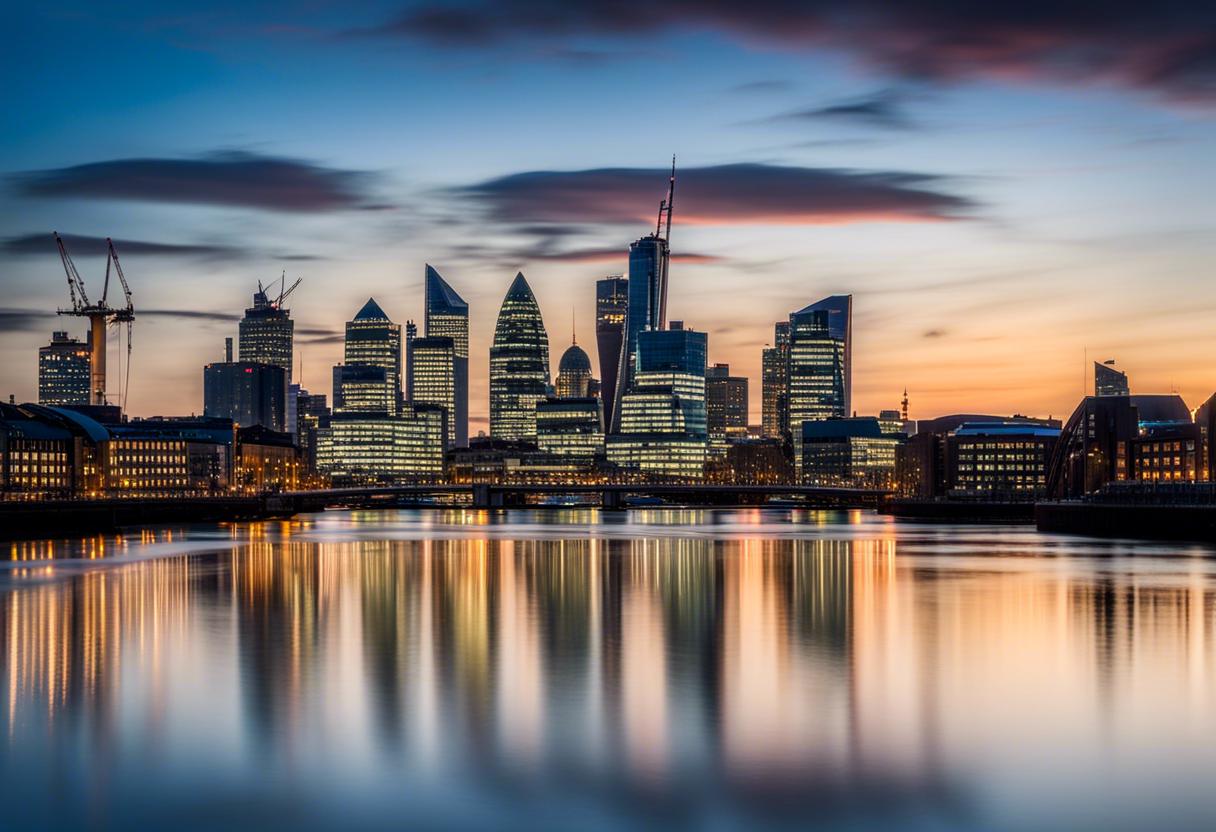Electric Ireland, the largest power provider in the Republic of Ireland, is set to close down its under-performing retail operations in Northern Ireland. According to an announcement made by the firm earlier this month, it has concluded a strategic review of its Northern Irish domestic operations. The company has revealed that in future, it will direct its focus solely on the business market, eventually withdrawing from the domestic market.
The announcement follows a number of disagreements with the Northern Irish energy regulator, a substantial decrease in its customer numbers, and plausible mounting losses, though the parent company ESB did not disclose the specifics.
Electric Ireland came under scrutiny last year when the Northern Ireland Utility Regulator initiated a formal probe into potential breaches of their licence. This action was triggered by a technical glitch that left a portion of its prepay meter customers without electricity. There has also been criticism of how the firm manages customer complaints and data.
In 2015, Electric Ireland entered the domestic market in Northern Ireland. At one point, they served over 90,000 clients, but this figure has since shrunk to 53,000, which represents just 6% of Northern Ireland’s total electricity market.
The market in Northern Ireland is reportedly challenging for newcomers because of limited customer-switching, with the established provider Power NI still commanding almost a 60% market share, a significant portion in today’s liberalised power markets.
ESB, despite reporting post-tax profits of €868 million in 2023 from power generation, did not bail out the struggling Northern Ireland operations of Electric Ireland. This is an action which it is not permitted to take in the Republic.
It’s worth noting that the ESB used to be a unified monopoly operating under one brand. Now its operations are partitioned into three main divisions: ESB Generation, ESB Networks, and Electric Ireland, its retail operation. EirGrid independently operates the national grid. From a grid standpoint, Ireland functions as one unified energy market. However, the retail market is separated between North and South, each with its own regulator.
It is worth noting that EU competition laws prohibit former monopolies from using profits from one division, such as ESB Generation, to support another division, such as Electric Ireland. This rule does not apply in Northern Ireland or Britain, as ESB was never a monopoly in these regions.
The Irish Electricity Supply Board (ESB) has ceased to subsidise its unprofitable retail division in Northern Ireland, though it continues to support its business clients. In contrast, the company has poured substantial sums into So Energy, its loss-making UK unit.
So Energy was acquired by the ESB in 2021, just prior to a significant increase in wholesale energy prices, which brought unfortunate consequences. As a result of the UK’s energy price cap, the unit has since suffered significant losses.
Majority of the €109 million loss experienced by the ESB’s customer solutions division in 2022 was due to So Energy’s performance, but this was trimmed down to a mere €12 million the following year, thanks to what the ESB termed as So Energy’s “improved performance”.
ESB’s decision to relinquish its Northern Ireland retail unit while maintaining the UK unit may be due to cold business pragmatism. It could be based on So Energy’s potential for growth and expansion in the more vibrant UK energy arena.
The UK views So Energy as an emerging brand. Although it currently serves around 300,000 individual clients, its growth possibilities have increased significantly as more than 30 potential competitors have left the market due to recent turbulence.
Several companies were left exposed by the pandemic due to a lack of adequate hedging strategies. The Russian invasion of Ukraine and the subsequent surge in wholesale costs only exacerbated the situation. Numerous UK energy providers, limited by the country’s price cap and unable to raise retail prices beyond a certain level, were forced to close down.
During the peak of the crisis, So Energy appointed financial advisors to secure an emergency funding of £50 million. However, this plan was abandoned when the wholesale prices came back to stability.
So Energy’s co-founder, Simon Oscroft, announced the discontinuation of their search for additional funds due to the change in the market and continued support from their main investor, ESB.
Though it ranks outside the top six in market share (lagging behind British Gas, E. ON, SSE, EDF, Npower, and Scottish Power), ESB’s UK unit is growing. The company reiterated its commitment to its investment in the UK retail market via So Energy.
The energy markets have regained some stability following two years of turmoil. However, it remains doubtful that domestic gas and electricity rates for customers will revert to the levels seen in 2021.
“Nevertheless, the ESB has determined that their struggling retail venture in Northern Ireland has reached its limit.”

